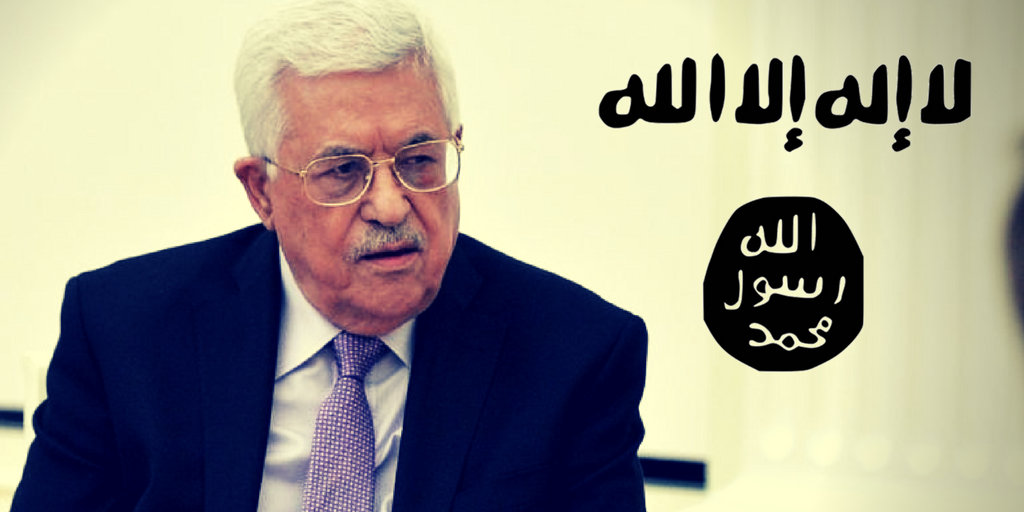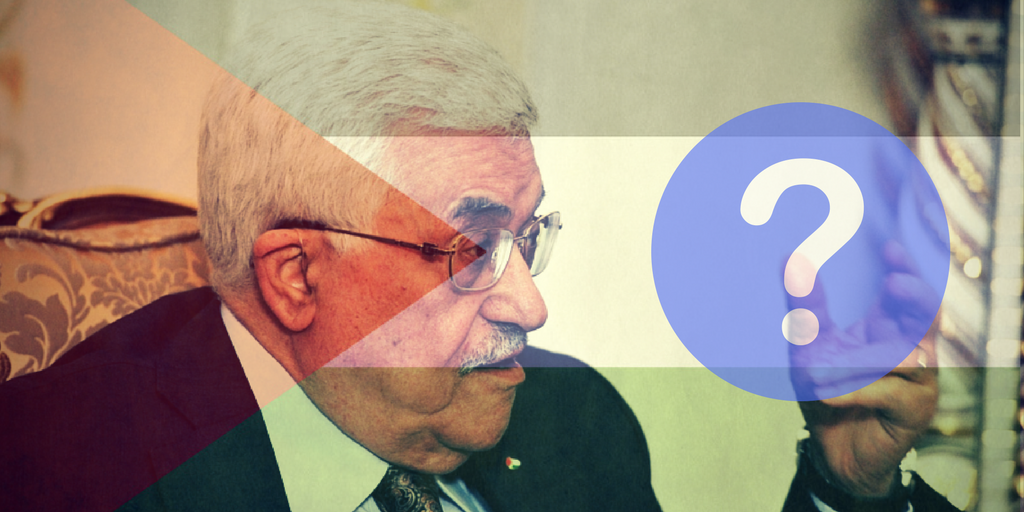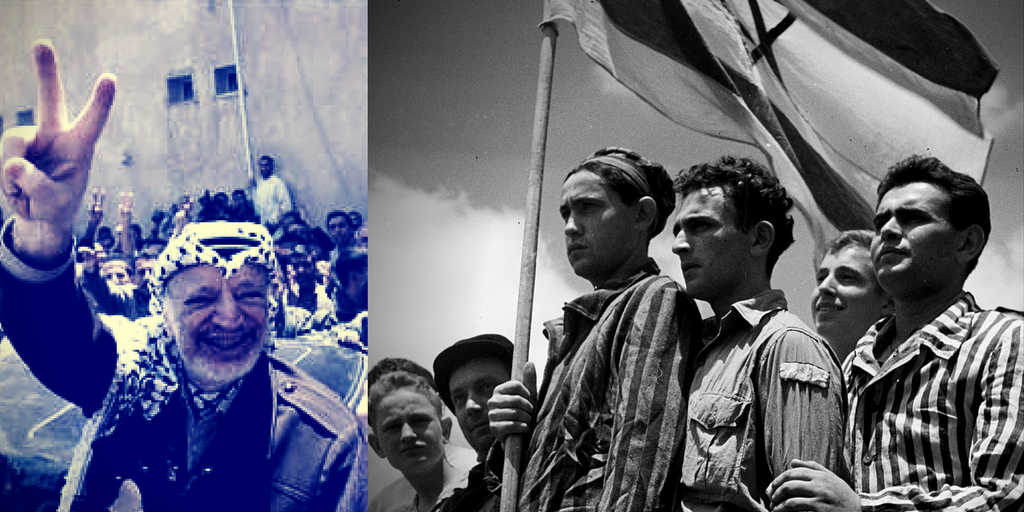On the afternoon of August 24th, four Jewish teenagers who work on a farm near Ma’ale Hever, a small Jewish community in the Hebron Hills, were violently assaulted by a group of Arabs while the Jewish youth were grazing sheep. The Arabs surrounded the Jewish youth and proceeded to throw rocks and cinder blocks at them. When security forces came to help they were attacked as well.
At the end of the incident, the Arab attackers were arrested (one had been shot by security forces when he attacked them) and the Jewish youth were taken to the hospital to treat their wounds. While this can be seen as an isolated incident or just a scuffle between Jews and Arabs with dueling land usage claims, this is a mistake.
The Biden Administration has been claiming that there is a scourge of violence directed from Jewish “Settlers” at Arabs in Judea and Samaria. Evidence not only suggests otherwise, but most of the violent incidents across Judea and Samaria (aka the West Bank) are perpetrated by Arabs or Internationally Funded Leftists. When Jews defend themselves they are accused of being violent terrorists.
One of these incidents happened to me in the summer of 2019. My son and I and his friend went for a hike near Ma’ale Hever. An Arab shepherd who tried attacking some Jewish youth a week before spotted us. Another Arab came at us with a spiked staff and had his dogs surround us. Being armed I pulled my gun out and threatened to shoot his dogs who were trying to attack us. The Arabs called them off. A few minutes later we were surrounded by 7 Arabs that were all armed with wooden staves that had nails at the end of them. If it wasn’t for the arrival of the army, it would have gotten extremely violent very fast.
These sorts of incidents are now growing, being egged on by the Biden State Department, which paints all Jews living in Judea and Samaria as some sort of “illegal occupier.” This false narrative gives Arabs leaving in the area the feeling that all types of resistance is permitted – a similar approach as those Woke protestors siding with Hamas on US college campuses.
The fact is, like the rest of the Land of Israel, there have been Jewish communities existing in various places throughout the Land – yes even in Southern Judea – known as Har Hebron or Hebron Hills. Some of these communities existed for thousands of years only to be chased out or forcibly converted by Islamic colonizers. I will tackle this in another post.
The root cause of the violence in Har Hebron, like other areas of Judea and Samaria is that somehow the mere presence of Jews equals some sort of illegal affront to the “local” Arabs who have been deemed indigenous by today’s global DEI warriors. The Arabs in Judea and Samaria like the rest of Israel are anything but indigenous unless they are from the communities forcibly converted by Islamic colonizers 1,300 years ago.
The incident outside of Ma’ale Hever is part of a larger campaign to delegitimize the Jewish presence anywhere in our ancestral homeland. Facts are facts and not matter how hard Biden and his team wish that Jews in Judea and Samaria are the root cause for regional problem, it is the Islamic Jihadist refusal to accept the Jewish return back our ancestral, biblical, and indigenous homeland that is the real cause for regional issues.





